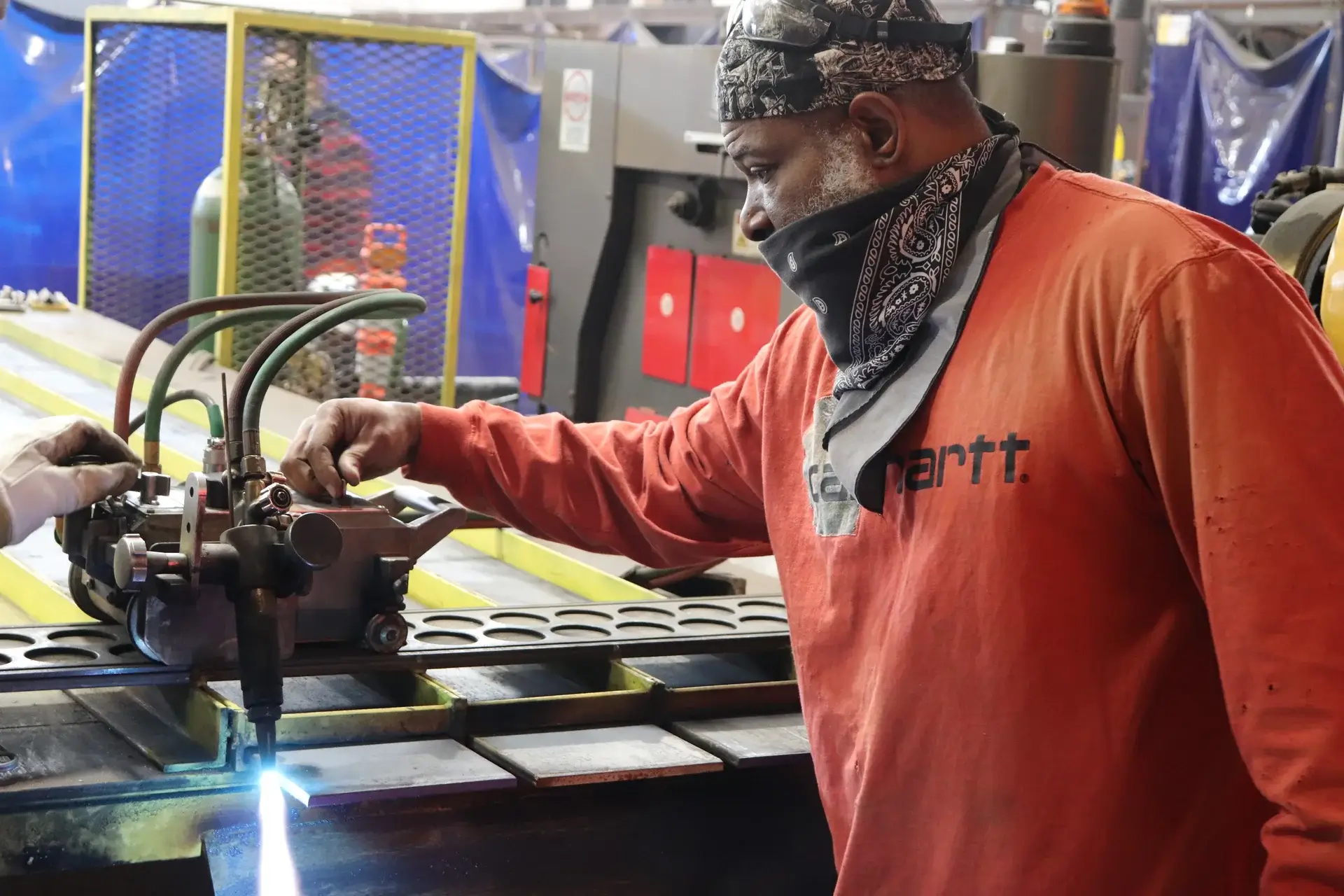Why Consider A Career In Skilled Trades
Skilled Trades are important for the overall development of a country’s economy. A great demand prevails for trained workers in the skilled trades, especially in the trades like plumbing, HVAC, electrical, etc. Almost every employer has been citing a shortage of skilled workers in the industry as one of the major problems confronting the business.
Why Consider Trade Jobs?
The Bureau of Labor Statistics shows that the average wage of skilled trade workers lies between $50,000-$60,000. This is not just it. People who have the right amount of skills and expertise in the business can earn even twice these numbers. There is no limit set as to how much you can make. Learning trades costs just a small fraction of your pockets, but once mastered, there is no limit to how heavy your pockets can get.
1) Diversity In Jobs
A popular misconception is that working in the trade jobs needs a physically strong person. The advancement of technology has increased a lot of the market for brute strength. While many trade jobs may still be physically demanding, there are also several trade jobs available that don’t need huge levels of physical strength at all.
2) Trade Schools: Cheaper and Quicker
Trade schools provide an affordable and faster alternative to traditional post-graduation institutions. While there are several benefits of seeking traditional university education, going to a trades academy may be useful for individuals who don’t have the means to pay high tuition expenses or the time to pursue a 4-year degree.
The typical American university student can expect to pay $6,500 for tuition in 2022 (the regular tuition fee for international scholars is $29,000). However, in addition to having fewer tuition costs, trade schools can generally be completed in 2 years. This indicates that pursuing a job in the trades is inexpensive and faster.

3) Earn While You Learn
Stepping into a career in skilled trades, means that you’ll begin attaining real-world experience nearly immediately. This is accomplished through internships where interns learn the abilities of the trade from a skilled employer. While interns earn their certificates, they have the opportunity to work on real projects.
During this time, interns receive salaries for their work. This is a lot better than unpaid apprenticeships. For many trades, interns can expect to be working eighty percent to eighty-five percent of their training time. The remaining time is utilized for classroom instruction.
4) Become A Master
A journeyperson is a qualified and eligible person in their particular trade. You serve as a journeyperson upon finishing your internship. Thus, they can get the salaries and benefits associated with that trade. Attaining this stage also suggests you can take on your interns and help the next generation of intimate trade workers.
5) Labour Market Demand And Job Security
Various in these trades will resign in the upcoming few years as the USA’s population ages. This implies there will be an improving demand for tradespeople. Also, in some skilled trade jobs such as sustenance and device operation, job security is incredibly high. While it isn’t realistic to say any trade is recession-resistant to the recession, numerous trade sectors can be seen as recession-resilient because of the skill to diversify their customers. Such as, plumbers can work for homes, industrial buildings, commercial projects, maintenance companies, and many more.
6) High Job Satisfaction
Workers feel pleased with their employment when their skills and abilities are being maximised in the workplace. Working in a trades job enables people to vigorously use the skills they have developed in day to day situations. Tradespeople, who constantly prefer to work with their hands are less likely to feel idle with their job when compared to “white collared” employment. Working in the trades also indicates that individuals can witness the result of their labour. Or it can be explained as, tradespeople knowing they are influencing the world as they are physically building, repairing, or working on things. This leads to more job satisfaction among the tradespeople.
7) High Earning Potential
For many employers, a job’s earning potential is the main factor in selecting a job. The skilled trades are no anomaly after you finish the process of learning trades. Here are a few of the average annual incomes for some trades. The amounts below are calculated roughly:-
- Plumbers $79,000
- Electricians $65,300
- Carpenters $59,500
Endnotes
While 4-year college students are however in the classroom, trade school students are graduates and receive an income after about 2 years. Achieving a college degree is not a bad idea, but it is not for everyone. Skilled trades give you practical and valuable skills, insure limited student loan debt, and enable you to reap experience and education. Moreover, trades are constantly in demand.
Tags: A career in skilled trades, Learning trades, Skilled trade jobs, The trade jobs